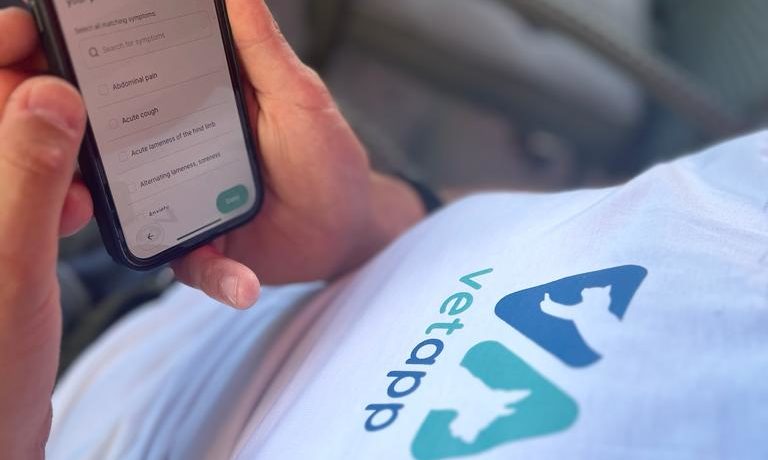Can you tell me about yourself and how you came up with the idea of VetApp?
My name is Przemyslaw Mazurek and for people who are not Polish, my name is just Peter. I’m one of the cofounders of VetApp. I started my career in human resources and worked for big corporations for almost 20 years. As I progressed, I developed an interest in technology and started working on tech projects and software. My main experience in the field of technology was when I first created a medical service in Central Europe that used AI and ophthalmology.
In terms of the project, VetApp, we are a team of four who have known each other for four years. So the inception of the app started when Mariusz Sndrych, our CEO, had numerous discussions with us on the current state of the veterinary industry, how it functions, and what challenges it’s facing. We then decided to make an app that could provide pet healthcare services in a new way with new technologies to make it easier, more friendly, and reduce stress for vets and pets.
Alongside Sndrych and myself, the other two teammates are experienced female veterinarians, one of whom has specialised in image diagnosis and the other in treatment procedures and surgeries. Sndrych is a person who started his career as a doctor, but he is also a very successful businessman who created a chain of medical clinics and put it on the stock exchange.
Can you talk me through the functionalities of the app?
Our main functionality is the AI pre-diagnosis tool, whereby vets and pet owners can take a medical interview, which is prepared by our medical team and also supported by AI at different stages. After about two or three minutes, our algorithms will show you the result of this pre-diagnosis. The result will be divided into three categories. The first category is the green category, which signifies that the pet is fine and doesn’t need to visit the vet; however, the pet must be observed. The second category is the orange category, and this tells you that you may need to go to a doctor but it isn’t an emergency. The last category is the red one, and this category indicates that the pet is severely ill and needs to see a vet urgently. So this is the first function we call pre-diagnosis because we cannot diagnose through application from A to Z, but with huge probability, we can say what the categories are.
The second functionality is telehealth and telemedicine. This allows vets to provide medical consultations without an in-person office visit, and the third feature of the app will help pet owners find the precise locations of veterinary clinics or hospitals in their area, depending on their medical condition. The last functionality is to give pet owners an opportunity to buy all the necessary foods, supplements, and drugs for their pets. The app also helps reduce the work and save time for vets, as they are able to check the pre-diagnosis of the pet via the medical interview. As we develop the application further, we will also provide a tool whereby pet owners can upload the results of blood tests or other examinations, which will help vets view the pet’s medical profile beforehand and cater to a larger number of patients.
How promising is the use of AI in the veterinary industry?
When we talk about AI in the veterinary industry, we are absolutely conscious that we cannot claim the results generated are 100% the final diagnosis. But the main idea behind incorporating AI in this field is to provide an easier, more affordable, less time-consuming, and less stressful platform to help both vets and pets. When we did our first round of testing of our algorithms, it showed that almost 70% of visits to the vet are not necessary because those are things that do not need medical intervention.
However, I’m not indicating that this profession won’t require human vets; it definitely will, but AI is just a supporting tool in this field. The second potential is that, just like wearables such as fitness trackers, apps can provide better knowledge about an animal’s health faster and more accurately. It can also leverage veterinary experts’ responses to all user queries and what users type in when asking about symptoms they have noticed in their pets to draw conclusions and advise on what the issue might be. The bigger the community and more widespread the usage, the better the results.
How do you see AI progressing in the pet industry in the future?
When we speak about the pet industry, we need to speak about the whole e-commerce area. We generally do not focus on this area; however, AI would definitely help these e-commerce businesses find ways to generate high sales results. Another area to focus on is how we can develop AI and machine learning to make medical help more accessible and efficient. And the second step would be to use the information that’s mentioned, which we can achieve, but now we don’t. So I would say that AI in the vet industry will progress in that direction.
When is the app planning to launch?
Our goal is to launch it by the end of 2023 in Europe, and the plan is to go global as well.
link

